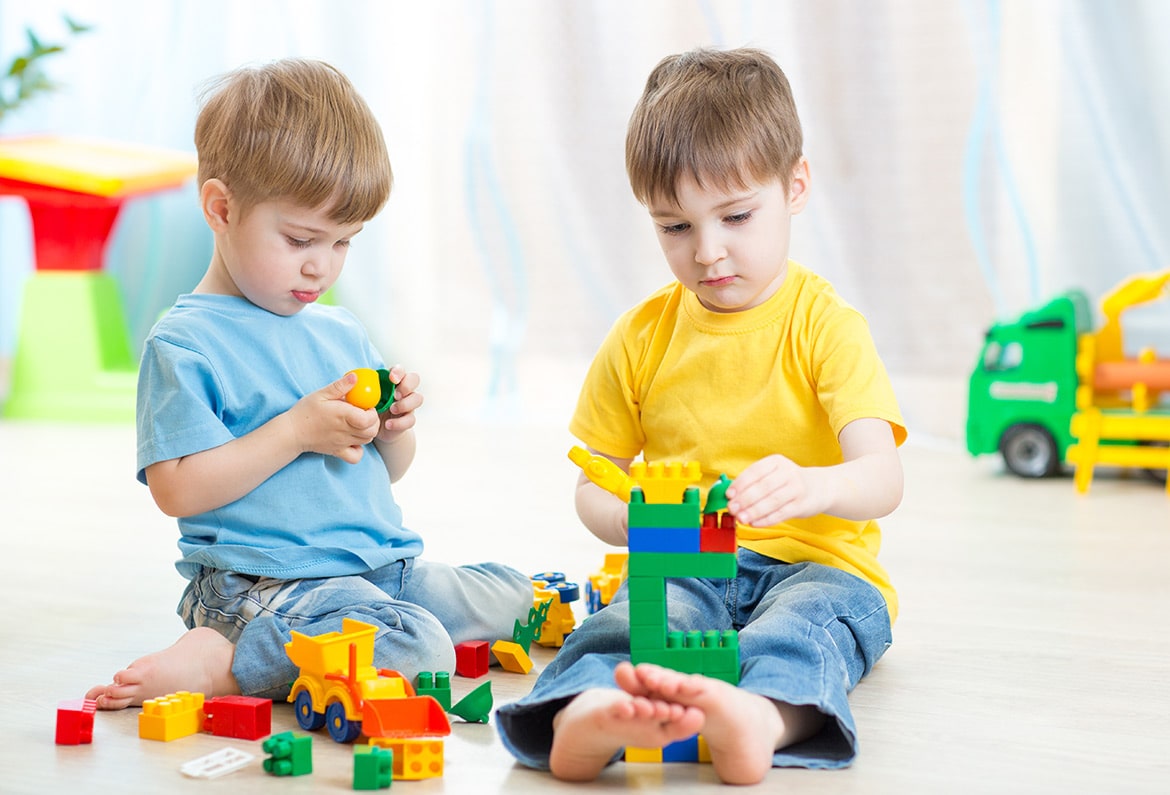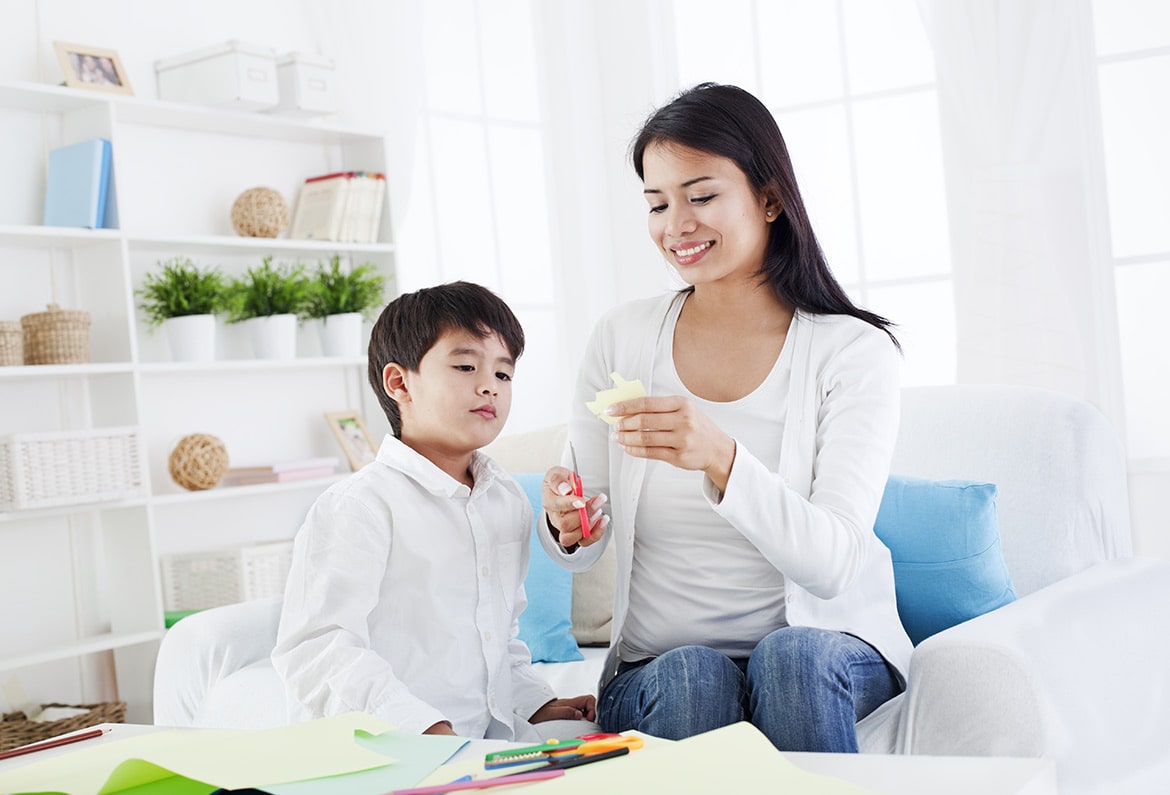Duis vel orci erat. Aenean quis sem fringilla, scelerisque lectus et, vestibulum arcu. Lorem ipsum dolor sit amet, consectetur adipiscing elit. Mauris faucibus vestibulum dictum. Phasellus accumsan nibh ac justo suscipit, id gravida nulla vestibulum. Suspendisse scelerisque risus quis dolor luctus eleifend. Vivamus lobortis semper ligula faucibus fringilla. Curabitur convallis diam arcu, tempus finibus nunc pellentesque non. Aenean hendrerit feugiat fermentum. Vestibulum ante ipsum primis in faucibus orci luctus et ultrices posuere cubilia Curae; Sed ullamcorper turpis sed pellentesque dignissim.
Suspendisse in euismod eros. Maecenas ac nibh ullamcorper, convallis urna sed, facilisis nisl. Donec in felis ac erat pharetra porta. Donec consectetur urna ligula, vel fermentum leo efficitur nec.




